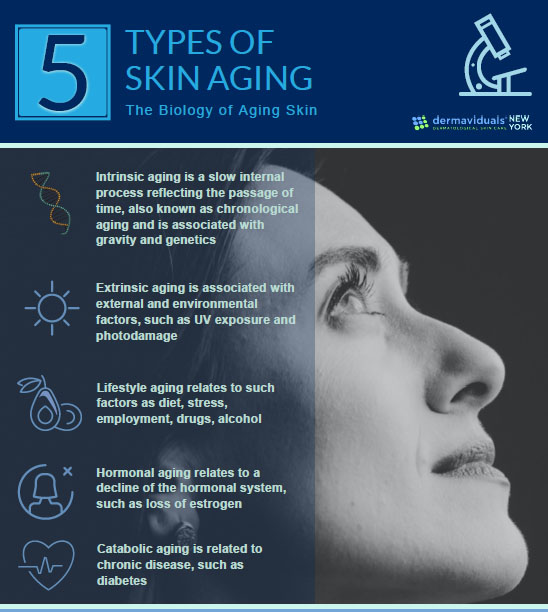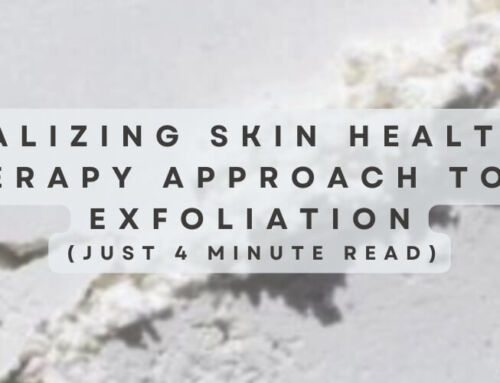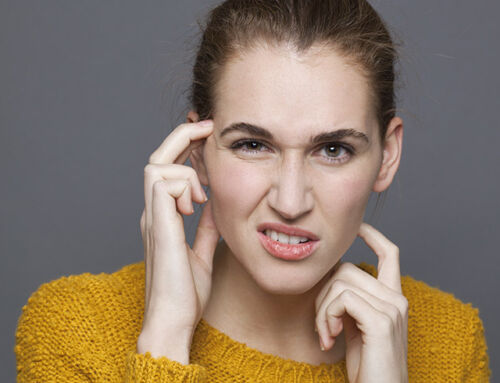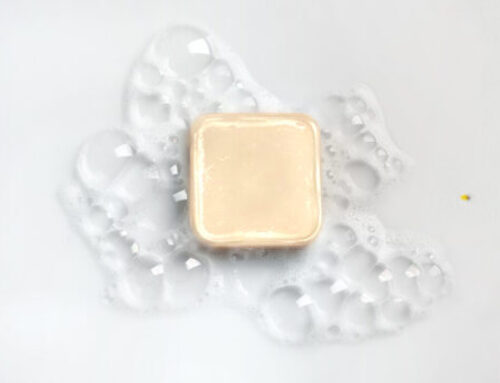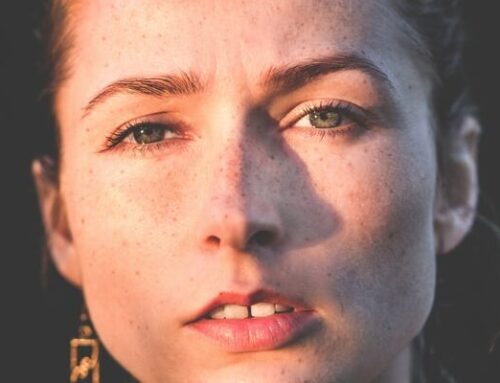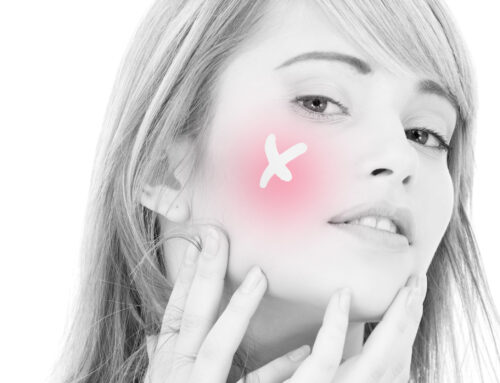Your skin does a lot of work for you during your lifetime, from preventing water loss to protecting you from UV rays, pollution, allergens, pathogens and infection. While it’s doing heavy-duty behind the scenes—relaying everything you need from the outside deep into the layers of the dermis, to be exact—we tend to focus on scoring the skin solely based on its outward appearance.
It makes sense, though—healthy skin is a sign of overall health. And while we typically grow in confidence and self-assurance as we age like fine wine, we never give our skin a break and demand visible results from our products. In fact, that’s why the anti-aging cosmetics market is estimated to be valued at more than 60 billion by 2026, according to Fortune Business Insights.
In order to effectively formulate great anti-aging solutions, you must first understand the biology of skin aging.
5 Factors that Age Your Skin and How to Identify Them
There are biological, environmental, and genetic influences that affect your skin; influences that will be visible in terms of the texture changes, color changes, and shape of your face. Let’s review:
Intrinsic: This is the normal aging process; inevitable, natural, a reflection of the passage of time. It’s mostly associated with gravity and genetics and is also known as chronological aging.
Looks like: Smooth, dry and less elastic skin with fine lines and wrinkles. Your skin becomes drier and more fragile with time, and skin becomes more pale looking for those with lower Fitzpatrick skin types.
Extrinsic: This relates to external influences; environmental exposures such as from the sun, pollution and blue light. It can also be caused by indoor conditions, as particulate matter (PM2.5) has been shown to affect skin aging too. Oxidative stress plays a major role here in extrinsic aging, as well as intrinsic.
Looks like: Photoaged (skin aged by the sun) skin looks rough and thick, usually accompanied by deep-set wrinkles. You’ll also find hyperpigmentation, dark spots, dryness, and loss of elasticity in extrinsically aged skin.
Lifestyle: This is exactly what it sounds like: your way of life having a direct effect on your skin conditions. Lifestyle habits such as smoking, diet, exercise and stress impact your skin.
Looks like: Smoking tobacco expedites the appearance of wrinkles, which are deeper and narrower compared to those of a nonsmoker’s. You may also see a more greyish tone to the skin with visible capillaries from the vascular constriction of nicotine.
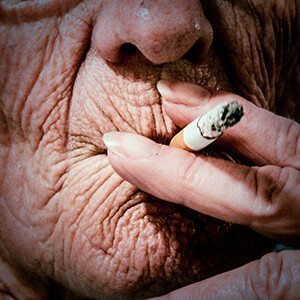
Hormonal: Estrogen has a huge effect on skin, as it’s a hormone-dependent organ. Estrogen prevents decreases in collagen, controls hydration and keeps the outermost barrier working at its best. So as you can imagine, menopause can be a turning point in women, and cause unwanted skin changes rather rapidly.
Looks like: Sagging skin

Aging facial skin caused by menopause
Catabolic: Skin aging caused by chronic diseases, such as hypothyroidism, cancer, or diabetes. Roughly 30-70% of patients with type 1 or type 2 diabetes will develop a skin condition within their lifetime. Vitiligo, shown below, is often associated with diabetes; however, not everyone with vitiligo also has diabetes.
Looks like: Varies by the condition, but most will experience some levels of dry, itchy skin and a sensitivity to products.
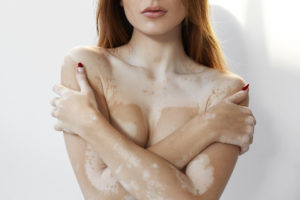
Woman with vitiligo skin condition
How to Best Treat with Anti-Aging Products
You can take comfort in knowing that many of your skin changes throughout the years, like chronological and menopausal effects, are inevitable and natural. For those you can easily control, like extrinsic and lifestyle aging? The preventative gold standard: Vigilance with UV protection and leading a healthy diet that your skin will thank you for.
And for everything else, the mix of factors at play which make a one-size-fits-all solution nearly impossible to find, there’s dermaviduals.
dermavidualsⓇ takes a corneotherapeutic approach, and understands that like fingerprints, everyone has a unique skin story to be told. And for each unique story: a unique skincare regimen customized to remedy your skin needs and anti-aging desires.
No matter your needs, everyone’s first step is to repair the barriers with our DMS creams. It’s so much more than a moisturizer; it’s a skin solution loaded with phospholipids, which are essential for cellular communication and are the building blocks for healthy cell membranes and the formation of the permeability barrier.
Then, once the skin barrier is running according to plan, bespoke anti-aging products with added actives. Certain actives help with intrinsic and extrinsic aging processes to combat the nasty effects of oxidative stress and photoaging.
Some of the dermaviduals New York favorites? Isoflavone, grape seed extract, vitamins A, C, E, evening primrose, and Zinc actives. Plus, our Anti-Wrinkle Serum, Liposome Concentrate Plus, Day Cream S with SPF formulations and our best-selling DMS Mask with Vitamins for aging and oxidative solutions.
If you own a spa, clinic or practice in New York state and want to provide your clients with science-based, anti-aging skincare solutions, give us a call today at 1-888-753-2231.
Free Infographic Download: The 5 Types of Skin Aging
Sign up for our newsletter below to receive a link to the infographic.
